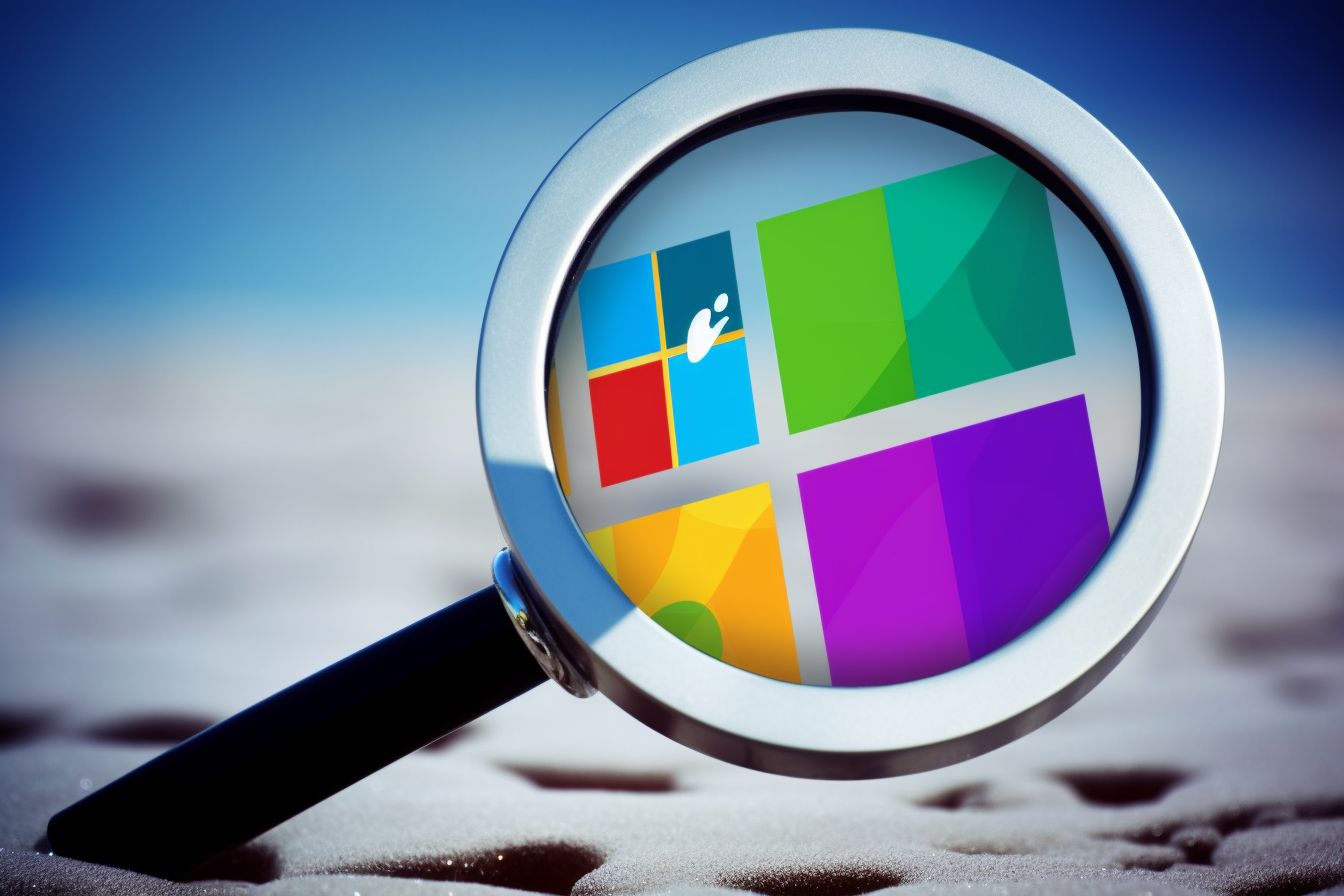Microsoft is among the companies that has contributed to the advancement in computer technologies in a big way. It's journey without a doubt will be among one of the most interesting and educating ones far into the future. It has accomplished at lot, but it has also failed many times. It made personal computers affordable for many, but also have had ambitious to maintain control over many. There is a lot of good and bad can be told about Microsoft. In its latest efforts, Microsoft restarted its forgotten desire to become a relevant search engine. In the past, Microsoft's Bing has failed to become one of the competitors in the search. However, its recent investment in OpenAI created another opportunity for Bing to become a useful search engine, and Microsoft will give Bing another chance to gain some market share. The question is, will this become another failure or success.
When I first saw Microsoft promoting its integration of AI into Bing and its other products, my initial thoughts were there is no way Bing can attract more users. Seeing another news that Samsung is considering to drop Google as default search on its devices in favor of Bing, made me pause to reconsider my thoughts regarding Bing's revival. It is interesting how companies change their loyalties so quickly when they see the potential money. When Microsoft decides to take some action, they are prepared to spend a lot of money. They make a lot of money, so why not? If it works that would translate into more money.
What is really surprising is that Samsung would even consider switching its default search to Bing from Google. While the reasons are not clear, my guess is they have a good offer from Microsoft. When the smartphone era started and Apple reinvented mobile phones, it was thanks to Google's Android Samsung was able to remain a big player in telecommunications. We all know what happened to Nokia. Samsung could have disappeared as player in mobile phones market as well. The main difference that Samsung did different from Nokia was to embrace Android, instead of building its own operating system. With Nokia out of the way, Samsung phones emerged as the top Android powered devices. Samsung did engage in business maneuvering and experimenting that also made Apple eventually pivot its vision for mobile devices as well.
While success of Android had to do with a great operating system that could offer an alternative to Apple's iOS, it is Google's business model for Android what made it a powerful competitor. Like Apple, Google could have kept its software private and made its own phones. Instead they chose to give it to all interested manufacturers for free. Microsoft itself implemented the same business strategy with their Windows operating system. Instead of making their own computers and making the operating system available to their own computers, they let other company manufacture the computers and use their operating system. Unlike Google, Microsoft had licensed the operating system and it was good business. It also made computers more affordable.
Since Google's core business is not in mobile phones or operating system, the main goal of Google was to make sure its search engine could live in the new mobile devices. They played the game well and Android became something bigger than they originally thought it would. It is not only about search feature anymore. This Google and Samsung partnership was mutually beneficial for a very long time. It can and should continue. Why break something that works? It can be a strategic mistake for Samsung to go against Google's interests, especially if there is nothing Android or Samsung users would gain from. But when there is more money to be made with a simple change, short term gains may seem more attractive than the long term partnerships. Who knows, it may even present better partnerships. But I don't see it yet. Microsoft's partnership with Nokia did not help Nokia at all, and Microsoft itself ended up wasting billions of dollars.
Regardless if Samsung will partner with Microsoft in making Bing relevant again or not, Microsoft does seem determined to explore multiple avenues. Bing wasn't the first product Microsoft failed at. It failed with Zune music players. It failed with mobile operating systems. It failed with Internet Explorer. It also was successful in cloud computing with Azure. It was successful with Xbox in gaming. It seems it was a very smart decision to invest in OpenAI as well. Now that everybody is talking about AI and competition in the space is intense, maybe Microsoft is exploring how it can capitalize in its investment. Obviously, Bing utilizing AI would be the first step. But Bing already has a failed reputation. Google has already become to go search engine. It is very difficult to make people change their habits and go for something new, even if it was slightly better than the main choice of searching.
There was a time I genuinely game Bing a chance. I did try to switch to Bing from Google as an experiment. The experiment did not last a day. After using Bing a few times, it became really obvious there was no way Bing was going to compete with Google. Today, Bing might be better, but it still had a bad reputation. I am not planning to be using Bing any time soon, if ever. Maybe it is time for Microsoft to abandon this idea and focus on things that actually working well for them, cloud computing and maybe try innovating in AI space utilizing its potentials.
However, Microsoft is sometimes stubborn and keep pushing the same old ideas and products. That reminds me the story of Internet Explorer. Its browser and ambitions to dominate internet started out wrong in the first place. Its strategy to create its own browser scripting language JScript as a competition to JavaScript was among the worst. Despite all the feedback it received how terrible its browser was and how it was moving against the future innovations with its JScript, it continued its worked. Both Internet Explorer and JScript today are dead and completely irrelevant. My guess is the same will happen with Bing. However, there is still great potential for the company to integrate AI tech into its successful products like desktop operating system, office solutions, gaming, and Azure.
Microsoft made a good business decision by investing in OpenAI, even though it must be embarrassing for a top software company not be able to develop its own powerful AI in-house. The future of search and even AI to me seems to be in decentralized systems. Companies, even the giant can still benefit as participants in decentralized system. This may not be what they want, and they probably will continue to push for more market share over control. They too may become obsolete and irrelevant just like their products if they push too far. Get ready, Elon Musk has AI ambitions as well. Let me know your thoughts in the comments.
Posted Using LeoFinance Beta

